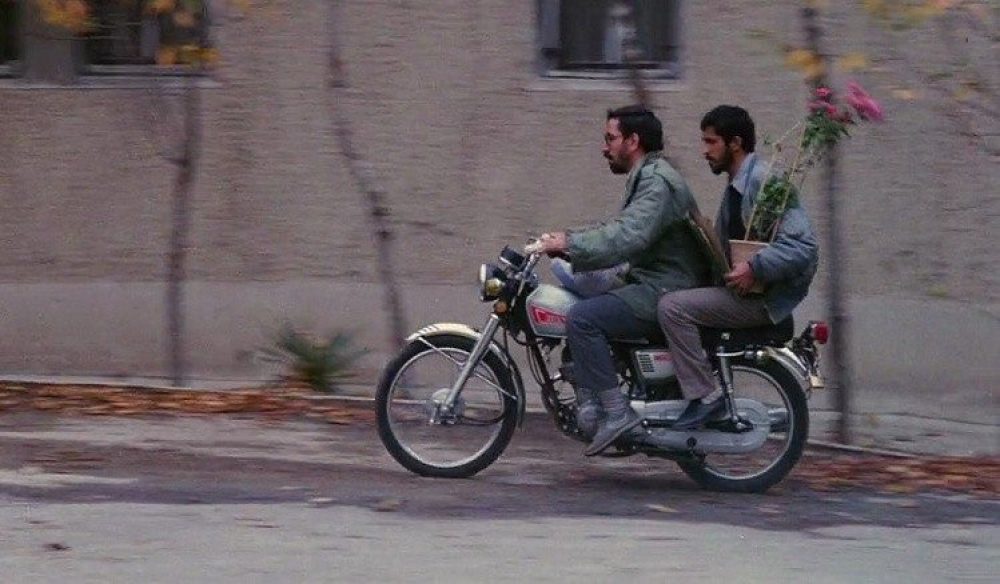The most common reading of Grocer’s “Lerner and the Chief,” at least as it pertains to modernity, is that the grocer is the story’s true hero. The grocer, as is ultimately acknowledged by the residents of his village, had a quasi-prophetic nature; less than four years after he died Balgat resembled more the world of his dreams than the one that scorned him for his “pretentious” ways.
To claim that the grocer is the story’s most powerful symbol of modernity, however, is to disregard some of the basic mechanisms by which society changes. The grocer’s relationship with the village was better defined by a hostile dichotomy than a cooperative evolution. Just because the grocer foresaw and appreciated “modernization” does not mean that he influenced it. Indeed he ostracized himself from society and looked condescendingly down at his fellow villages rather than fostering an environment of mutual respect in which he could “raise them up.”
Thus the grocer was a prophet and not an agent of change. In stark contrast, the chief, despite holding convictions that the grocer would consider antiquated, actively oversaw the “modernization” of his village, supporting and helping his people in the transition that swept over them following political change in Ankara. In my opinion, especially in today’s complex and multicultural societies, this is what represents true modernity. Society can only peacefully and effectively evolve through the construction of bridges between new and old worldviews, not through the Soviet-style scorn and then meteoric destruction of a previous way of life. “The Grocer and the Chief,” while problematic in some ways, can still be said to have import on “modern” societies. As we storm further into this 21st century of rapid change, we would be wise to heed the graceful and compromising attitude of Lerner’s wise chief.

The Chief as Lerner’s True Modernist | Iran, Islam, and the Last Great Revolution Fall 2018
I’m not sure I completely agree with the characterization of the Chief as being an overseer of the transition to modernity. The agent of modernity in Lerner’s description is the government, which brings Balgat onto the map by making it a part of Ankara. Yes the Chief does not stop this change, but in my reading he becomes merely a stoic loser in the fight rather than a modernist. The example of the sons who become shop keepers rather than soldiers seems to prove the chief’s impotence. Lastly, the fact that the very position of “Chief” is going to disappear is further proof of his inability to adjust. Essentially, I think the question you raise about the interpersonal aspect of modernity is intriguing, but I don’t think the Chief is a perfect counterpoint to the example of the Grocer
I think that was a really important point. The grocer could never have led the village through such rapid modernization, because he would was never really a part of the village to begin with. In order to change minds, one must first be capable of empathizing with the opposition, as only the chief was able to do, being a man of “traditional” viewpoints, himself.